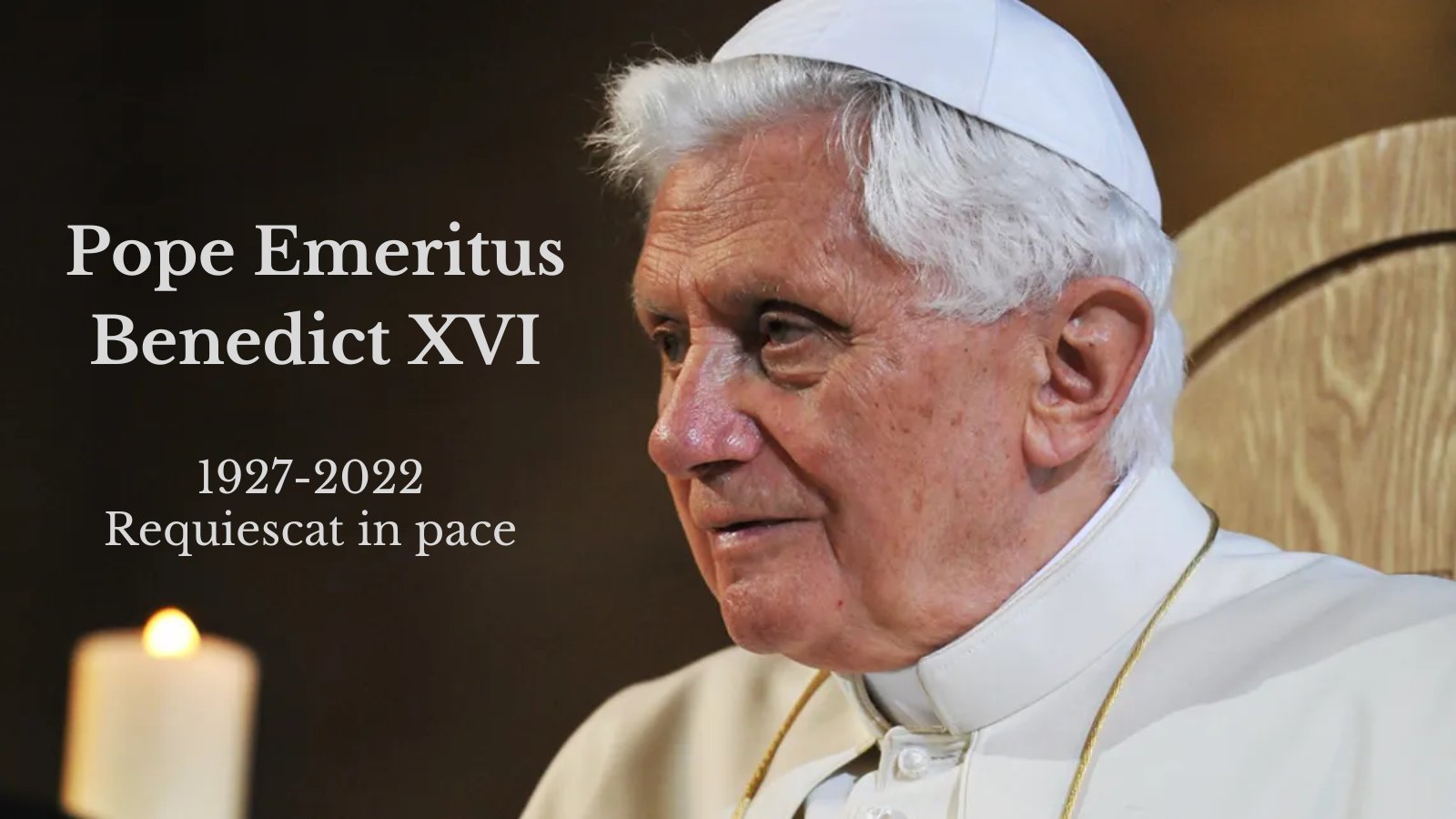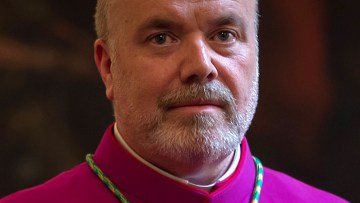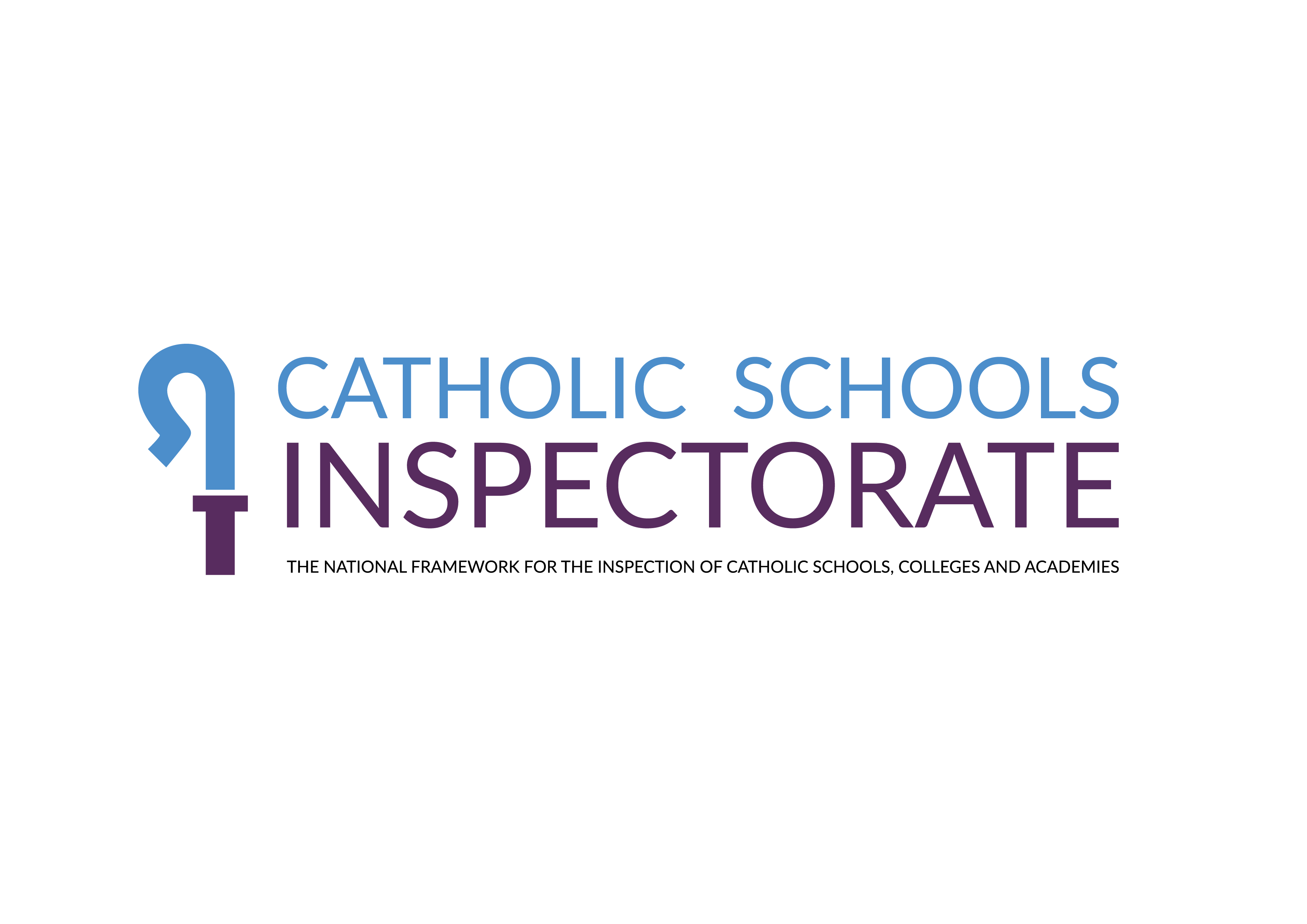Wales: Catholic school pupils much more diverse than national average – new data



 Pupils in Welsh Catholic schools are significantly more diverse than the national average, according to the latest data.
Pupils in Welsh Catholic schools are significantly more diverse than the national average, according to the latest data.
More than 30% of pupils in Wales’s 82 Catholic state-funded primaries and secondaries are from an ethnic minority background, compared to 12.5% in all other schools.
Catholic schools in Wales also have more than four times as many black pupils, with 4.5% of the 28,176 pupils being Black or Black British, compared to 1.1% in all Welsh schools.
There is also more than twice the proportion of pupils from an Asian or Asian British background (6%), compared to 2.6% in other schools.
Just over half (50.3%) of pupils in the sector are Catholic, as are 43.6% of the 1,644 teachers employed.
A total of 73.4% of pupils in Welsh Catholic schools are Christians, and 80% are from a faith background. Of the 13,992 non-Catholic pupils, 46% of these are from other Christian denominations, 36.8% have no religion, and 5.7% are Muslims.
The figures come from the annual census of Catholic schools conducted by the Catholic Education Service (CES), which acts on behalf of the Catholic Bishops' Conference and has supported Catholic education since 1847.
Angela Keller, CES Wales Adviser, said: “Catholic schools are leading the way on diversity in Wales, with parents and pupils of other faiths and none valuing this as well as our distinctive ethos.
“The Welsh government has made closing the disadvantage gap within education a priority - this too has always been our mission.”
Catholic schools make up 6% of the national total of maintained schools across Wales.
Read the report on schools and colleges in Wales – text also available in English.
Columban Schools Competition: Building Peaceful Futures
 Only five weeks remain for submissions to the 2023 Schools Competition of the Columban Missionaries in Britain – this year’s contest is titled Building Peaceful Futures, with the deadline for entries being 10 February.
Only five weeks remain for submissions to the 2023 Schools Competition of the Columban Missionaries in Britain – this year’s contest is titled Building Peaceful Futures, with the deadline for entries being 10 February.
The competition, which launched last September, is aimed at students aged 13-18 years old, who are invited to demonstrate an awareness of conflict and peacemaking in the world through either a written article or an original image. Students are being asked to research and spotlight people, communities and / or organisations trying to make the world a better place.
On 5 December Pope Francis tweeted: “The Word of God plunges us into daily life and calls us to listen to the cry of the poor and to heed the violence and injustice that wound our world. It challenges Christians not to be indifferent, but to be active, creative and prophetic.”
One of the competition judges is Columban Justice and Peace Education Worker in Britain, James Trewby, who visits young people in schools and sixth forms and runs workshops, retreats and assemblies to promote justice, peace and the integrity of creation.
He said: “There is much conflict in the world at the moment, but we mustn’t lose sight of the fact there are also many initiatives designed to build bridges and promote peace too! The Columbans are keen to nurture the student voice and provide an opportunity for young people to explore these areas and determine their own thoughts on conflict and whether it is inevitable. Besides this we want to ascertain young people’s understanding of peacebuilding, how and where it’s taking place and how faith can play a part.”
The competition winners will receive cash prizes worth up to £300, with other judges including journalists such as Ruth Gledhill of The Tablet and Josephine Siedlecka of Independent Catholic News. Winning entries will be published in the Columbans’ Far East magazine, Vocation for Justice newsletter, Columban websites and social media and in other Catholic media.
A core aspect of Columban mission is justice, peace and ecology. Besides being members of Pax Christi International, the Catholic Church’s peace organisation, Columbans also support the National Justice and Peace Network of England and Wales. Irish Columban Fr Pat Cunningham, who works in South Korea and is also a judge, is active with the Catholic Nonviolence Initiative and a campaign in Korea to protest the militarisation of the beautiful Korean island of Jeju.
Another judge, Fr Kurt Zion Pala, is a Filipino Columban priest working in Myanmar, a country ruled by a military dictatorship. He particularly mentors young people in environmental education and action.
Teachers and students will find the Columban Competition website a useful resource. It includes information on the theme, an introductory video, examples of Columbans and others dedicated to building peace throughout the world, as well as Catholic Social Teaching on the theme of peace. There are also details on submission of entries and a helpful FAQ page. The website provides material suitable for students, teachers and parents.
This is the sixth annual such schools competition from the Columban Missionaries in Britain, with previous themes including migrants, climate change, racism, throwaway culture and 21st century changemakers.
Pope Emeritus Benedict XVI Requiescat in pace
 Cardinal Vincent Nichols, speaking shortly after the Requiem Mass in St Peter’s Square for Pope Emeritus Benedict XVI, described the funeral as in one way “a straightforward celebration of a Funeral Mass,” in another way, a uniquely historical event “of great emotional depth and stature.”
Cardinal Vincent Nichols, speaking shortly after the Requiem Mass in St Peter’s Square for Pope Emeritus Benedict XVI, described the funeral as in one way “a straightforward celebration of a Funeral Mass,” in another way, a uniquely historical event “of great emotional depth and stature.”
The Requiem Mass, presided over by Benedict’s successor Pope Francis, took place on Thursday morning, 5 January, after almost 200,000 pilgrims had paid their final respects to the Pope Emeritus during a period of his lying in state for the previous three days.
Cardinal Nichols said he was collecting his memories of Pope Benedict during the Mass and considered his last homily before retiring as pope.
In it, Benedict used the image of Jesus asleep in the back of the boat when the storm came on the Sea of Galilee and the disciples were frightened.
The Cardinal repeated Archbishop Georg Gänswein’s recollections:
“He said, Benedict used to say, ‘but now Jesus never sleeps and he’s always with us.’ So during the Mass I was thinking about those things and, quite simply, how lovable Benedict was and therefore thanking God for the gifts that He gave us through him.”
The Bishops' Conference of England and Wales website has further details on the life of Pope Emeritus Benedict XVI, including of his Papal Visit to the UK in 2010, as well as reflections on his funeral, Pope Francis' homily, and prayers prepared by the Liturgy Office.
Statement on the Government not proceeding with the Schools Bill
Paul Barber, Director of the CES said, "We are disappointed that the Government hasn't proceeded with the Schools Bill in it's current form. It would have provided a clear message from Government that Church schools are an important part of the school system as schools move towards a multi-academy trust model.
"The Schools Bill would have provided legislative protections for Church schools which currently exist in the maintained sector but are not currently in legislation for academies.
"We welcome the assurances from the Secretary of State for Education that the Government is committed to legislating to provide equivalent statutory protections for academies with a religious character as exist for maintained schools in the areas of governance, RE and collective worship and land."
Advent message from Bishop Marcus to schools

Dear Brothers and Sisters in Christ,
At this time of year, both the liturgy of Advent and the winter season bring thoughts and feelings of anticipation and longing. These changes in mood are beautifully brought to life in song both sacred and secular, and in celebration when families, friends, schools and parishes come together in preparation for the celebration of the birth of Our Lord and Saviour Jesus Christ at Christmas and the beginning of a new year.
As this school term draws to its close, I would like to offer my thanks to leaders, teachers, learning assistants, chaplains and all staff who work in our diocesan schools and colleges. It is the love and commitment lived out in your vocation as educators that makes a Catholic school a place where children and young people can learn and flourish, be formed in Gospel values and grow in Christian virtues.
I wish to thank governors and trust boards, for their dedication in providing the stewardship and care of our school and college communities. Without your diligent assistance and the precious gift of your time, our schools and colleges would not have proved so resilient during the adversities of these past few years, nor be as well placed to meet the challenges which confront us now and lay ahead.
My heart feels a deep gratitude also to parents, guardians and families for all the support which you give to the schools and colleges entrusted with the education, welfare and spiritual development of your children. Schools can only build on what children learn in their homes. It is the love, reassurance and encouragement that you give to your children which makes you their first and best teachers, and it is the personal example of goodness that you give to them daily in their life at home which provides them with their first and best school.
During these joyous Advent and Christmas seasons, may Almighty God bless you, your families and loved ones, and keep you safe throughout the Year of Our Lord 2023.
With the assurance of my prayers for you all, I remain,
Yours in our Lord Jesus Christ.
Rt Rev Marcus Stock
Chair of the Catholic Education Service
Bishop of Leeds
Rigorous new National Inspection Framework takes effect in Catholic schools
 The Catholic Schools Inspectorate (CSI), which brings together the diocesan school inspectors of England and Wales into one body, recently started its inaugural work of inspecting Catholic schools.
The Catholic Schools Inspectorate (CSI), which brings together the diocesan school inspectors of England and Wales into one body, recently started its inaugural work of inspecting Catholic schools.
It acts under the new National Inspection Framework which was agreed by the Bishops earlier this year.
The CSI and National Inspection Framework have been developed with the support of the Catholic Education Service (CES) and the National Board of Religious Inspectors and Advisors (NBRIA).
Catholic schools have been subject to inspection frameworks set by the Bishops ever since the Catholic dioceses were first restored in 1848.
The CSI and new National Inspection Framework aim to improve the rigour, consistency, objectivity, oversight, and accountability of inspections.
The CSI logo takes as its logo the bishop's crosier, which is a symbol of his pastoral office. Inspection is one of the ways the bishop acts as a 'good shepherd' to his schools.
The different parts of the crosier have traditionally been interpreted in ways that reflect the ways this care will be evident in the inspection process. The curve of the crosier directs the straying back onto the right path; the pointy end prods those who are stuck and prompts them to get moving; and the bar between the two supports all the rest.
Pupils, parents, teachers, inspectors, and generations to come will benefit from the CSI and the new framework which advance the Catholic mission of Catholic schools.
Bishop Alan blesses new Peterborough school
 St John Henry Newman Catholic Primary School and Nursery, in Hampton Water, Peterborough, has been blessed by Bishop Alan Hopes during a visit to the first new Catholic school to be opened in the whole country in more than a decade.
St John Henry Newman Catholic Primary School and Nursery, in Hampton Water, Peterborough, has been blessed by Bishop Alan Hopes during a visit to the first new Catholic school to be opened in the whole country in more than a decade.
Bishop Alan visited on September 14 to meet staff and pupils and to formally bless the school, which opened earlier in September with more than 50 nursery, reception, year 1 and 2 children already enrolled.
Once full, it can accommodate 630 children in 21 classrooms, making it the biggest Catholic Primary School in East Anglia.
Mark Cooper, head teacher at St John Henry Newman, said: “After many months, planning and preparing, we are delighted to welcome our first cohorts of Reception, Year 1 and Year 2 children to our school.
“The staff have worked incredibly hard over the summer to prepare the school for our children and the school is looking amazing. We are now excited to begin the children’s learning journey with us.
“It was fantastic to mark the opening of the school with Bishop Alan blessing our lovely school building. To have all of our children and staff together with people who have helped so much on the journey of our school development project was a very special moment.”
Flavio Vettese, Chair of Governors, said: “On behalf of the Governing Body of the school, I would sincerely like to thank Councillor Lynne Ayers for her tremendous support for the school, and I am delighted that she joined us today, and indeed will in the future, to witness the growth of the school. Our gratitude is also extended to Bishop Alan Hopes for his vision, commitment and inspiration to us all throughout the journey – he will always be a guiding light for us all.
“I am also grateful to our Headteacher Mark Cooper – he has already shown his commitment and dedication, and his experience and knowledge will ensure that St John Henry Newman will be an outstanding Catholic school.”
Visit the St John Henry Newman Catholic Primary School and Nursery website.
Pictured are pupils at St John Henry Newman School with Bishop Alan, Mark Cooper and their teachers - view a picture gallery of the blessing. Credit: Keith Morris/rcdea.org.uk
Education Sunday - 11 September 2022
The focus of this year's Education Sunday is 'enlightening the mind', based on the Gospel acclamation of 11 September, when it will take place. Education Sunday aptly falls on the second Sunday of September just as the new academic year starts and it is one of the oldest Days of Special Prayer in England and Wales. It provides an opportunity to celebrate and give thanks to all involved in making Catholic schools places of enlightenment, as well as to look forward in anticipation of the year ahead.
To help you celebrate, the Catholic Education Service is again providing a range of resources.
The resources include:
- Guidance for schools and parishes
- A prayer card, offering a prayer of thanksgiving for teachers
- A collection of suggested bidding prayers for school Masses
- A letter of recognition by Bishop Marcus Stock
Churches Together in England produces its own resources for Education Sunday.
We wish you a blessed and fruitful Education Sunday!


